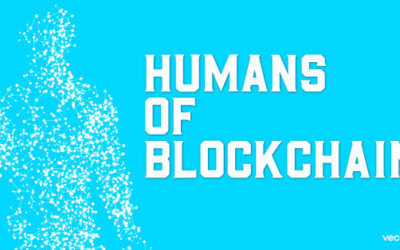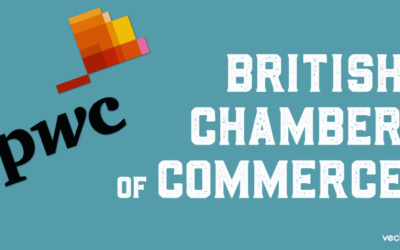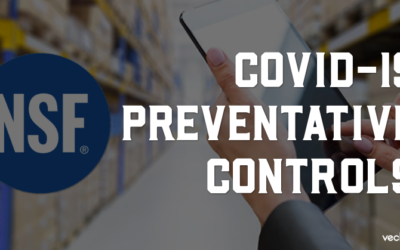Renato Grottola’s keynote at the Shanghai Wanxiang Blockchain Week was succinct, leaving audiences without any confusion: Mainly that DNV GL is past the “Proof of Concept Era” and ready to bring the blockchain to businesses. He began by explaining how decentralization and disintermediation was reducing the trust gap and posed a threat to their business model, a model with a 150 year history and client-base in over 100 countries. He then explained how DNV GL began developing their Digital Assurances to provide trust on “the border” of the physical and digital world. This includes verifying that product IDs and data uploaded to the blockchain is accurate and compliant. 
Grottola stressed that this was already in production, while referencing their solutions for the wine industry in Italy.

Blockchain plays a major role in DNV GL’s plans to digitize their certification services. Grottola explained how DNV GL was developing digital wallets and identities to be a gateway to DNV GL’s digital services. This digital certification service is scheduled to be online later this year, with the full wallet services being released to over 900,000 customers in January of 2020. DNV GL is authorized to provide certifications on a wide range of industries, including maritime, gas & energy, healthcare, and management systems. Grottola is a big believer in circular ecosystems. His work strives to align a large number of companies working together to create mutual benefit and value. Customers share in this value creation, by gaining benefits that can be contributed back into the ecosystem – a system that needs to be backed by blockchain-based trust. A great example of this is the ecosystem being built in San Marino, a region with progressive leadership and a small but flexible population.  VeChain’s public blockchain will be used to encourage citizens to become carbon neutral, by rewarding them with tokens (nicknamed ‘Greenies’) for activities such as public or electric transport, ride-sharing, low-energy and water consumption, solar power installation, and recycling. This system, aimed at tourists as well as citizens, will allow residents and visitors to redeem tokens for a number of goods, discounts, and additional services. This ecosystem will be developed by DNV GL, but will require the participation of a number of large corporations that have yet to be announced. Grottola also stated his belief that blockchain and circular ecosystems are essential for helping with the UN’s Sustainable Development Goals.
VeChain’s public blockchain will be used to encourage citizens to become carbon neutral, by rewarding them with tokens (nicknamed ‘Greenies’) for activities such as public or electric transport, ride-sharing, low-energy and water consumption, solar power installation, and recycling. This system, aimed at tourists as well as citizens, will allow residents and visitors to redeem tokens for a number of goods, discounts, and additional services. This ecosystem will be developed by DNV GL, but will require the participation of a number of large corporations that have yet to be announced. Grottola also stated his belief that blockchain and circular ecosystems are essential for helping with the UN’s Sustainable Development Goals.  Circular ecosystems, like the one shown in San Marino, are being developed by VeChain and DNV GL in other key regions, including China and some European nations. They have the ability to activate and engage citizens, providing incentives to meet the SDGs, rather than just relying on traditional government driven initiatives. Grottola concluded with a list of things DNV GL learned on their 2 year journey with blockchain. He stressed the importance of collaboration, and warned that the internal debates between “alt-coiners” and “one-coiners” was extremely detrimental to the entire industry. There was little doubt that among an international audience with many top industry leaders – few were anywhere near the level of DNV GL.
Circular ecosystems, like the one shown in San Marino, are being developed by VeChain and DNV GL in other key regions, including China and some European nations. They have the ability to activate and engage citizens, providing incentives to meet the SDGs, rather than just relying on traditional government driven initiatives. Grottola concluded with a list of things DNV GL learned on their 2 year journey with blockchain. He stressed the importance of collaboration, and warned that the internal debates between “alt-coiners” and “one-coiners” was extremely detrimental to the entire industry. There was little doubt that among an international audience with many top industry leaders – few were anywhere near the level of DNV GL.





